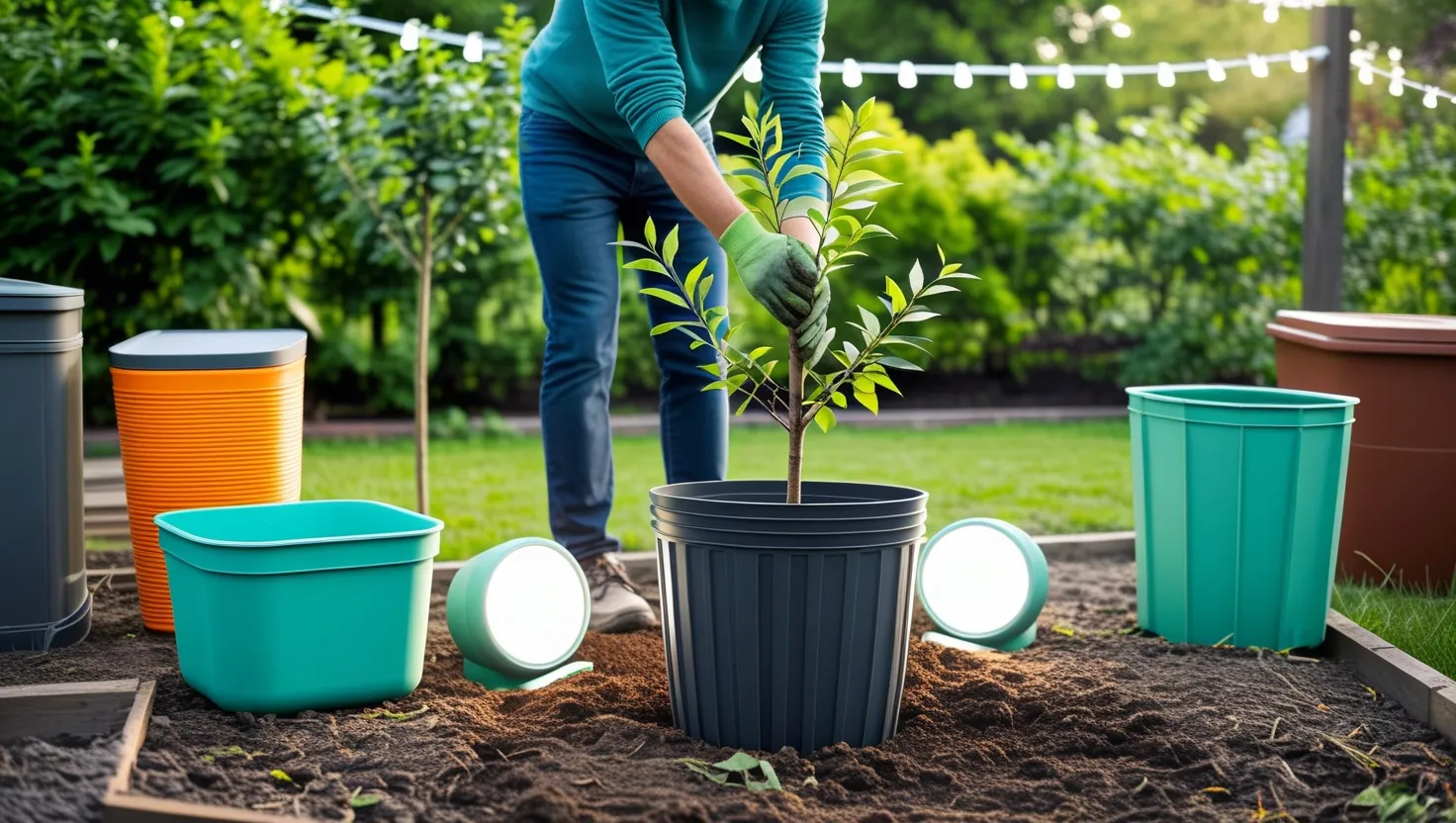As we go about our daily lives, it’s easy to overlook the small actions that can collectively make a significant impact on the environment. However, adopting a few smart habits can transform our routines into more sustainable and environmentally friendly practices. Let’s delve into some of these habits that not only reduce our environmental footprint but also simplify and enrich our daily lives.
The Power of Reusable Containers and Bags
One of the simplest yet most effective changes you can make is to switch to reusable containers and bags. Single-use plastics, such as water bottles, straws, and shopping bags, are among the most common items found in landfills and oceans. By carrying a reusable water bottle and shopping bag, you significantly reduce the amount of plastic waste you generate.
“As the consumer, you have the power to make a difference with every single purchase you make. You have the power to choose what you buy, where you shop, and what you wear,” says Jane Goodall, a renowned environmentalist. This power is not just about making eco-friendly choices but also about setting an example for others.
Composting: Turning Waste into Wealth
Composting is another habit that can make a substantial difference. Food scraps, which are often thrown away, can be turned into nutrient-rich soil that can help your garden thrive. Implementing a composting system is easier than you think; it can be as simple as designating a bin in your kitchen for food waste or setting up a compost pile in your backyard.
Composting not only reduces the amount of waste sent to landfills but also helps in creating a sustainable gardening practice. It’s a way to close the loop on food production and consumption, making your garden more self-sufficient.
Energy Efficiency: The Smart Choice
Choosing energy-efficient appliances and LED lighting is a smart move for several reasons. These appliances consume less energy, which not only reduces your electricity bill but also lowers your carbon footprint. LED lights, for instance, use significantly less energy than traditional incandescent bulbs and last much longer, reducing the need for frequent replacements.
When shopping for new appliances, look for the Energy Star label, which indicates that the product meets energy efficiency standards set by the U.S. Environmental Protection Agency. This small change can make a big difference over time.
Smart Home Technology: Optimizing Energy Consumption
Smart home technology has made it easier than ever to optimize energy consumption. Devices like smart thermostats and energy monitors can help you understand where your energy is being used and how you can reduce it. These devices can automatically adjust your home’s temperature and lighting based on your schedule and preferences, ensuring that energy is not wasted when you’re not home.
“Technology is nothing. What’s important is that you have a faith in people, that they’re basically good and smart, and if you give them tools, they’ll do wonderful things with them,” said Steve Jobs. Smart home technology is one such tool that empowers you to make more sustainable choices.
Mindful Consumption: The Art of Reducing Waste
Mindful consumption is about being aware of what you buy and how it impacts the environment. It involves avoiding impulse purchases, buying in bulk, and choosing products with minimal packaging. This habit not only reduces waste but also helps you save money in the long run.
When shopping, ask yourself if you really need the item and if there’s a more sustainable alternative. For example, instead of buying single-use paper towels, consider using reusable cloths. These small changes can add up to make a significant difference.
Plant-Based Meals: A Greener Plate
Adopting a plant-based diet is one of the most effective ways to lower your carbon footprint. Animal agriculture is a significant contributor to greenhouse gas emissions, deforestation, and water pollution. By choosing plant-based meals, you’re not only improving your health but also contributing to a more sustainable food system.
“Let food be thy medicine and medicine be thy food,” said Hippocrates. Plant-based meals are not just healthier but also more sustainable. You can start by incorporating one or two plant-based meals into your weekly routine and gradually increase the number as you become more comfortable with the options.
Minimalist Wardrobe: Reducing Textile Waste
Fast fashion is a major contributor to textile waste and environmental degradation. By adopting a minimalist wardrobe, you reduce the need for frequent purchases and the waste generated by the fashion industry. This involves buying fewer, higher-quality items that will last longer and swapping clothes with friends instead of buying new.
“A minimalist is not someone who has nothing, but someone who has only what they need,” says Joshua Fields Millburn. A minimalist wardrobe is not just about reducing waste but also about simplifying your life and focusing on what truly matters.
Small Changes, Big Impact
The beauty of these habits is that they are simple to adopt and can be integrated into your daily routine without much disruption. They not only reduce your environmental impact but also simplify your life and often result in cost savings.
So, the next time you’re about to throw away a plastic bottle or buy a new outfit, remember the power of your choices. As Mahatma Gandhi said, “The world has enough for everyone’s need, but not enough for everyone’s greed.” By making these smart habits a part of your daily routine, you’re contributing to a more sustainable future for everyone.
What small changes can you make today to start living a more sustainable life? The journey to sustainability is not about grand gestures but about the accumulation of small, consistent actions. Start with one habit and see how it transforms your life and the world around you.






